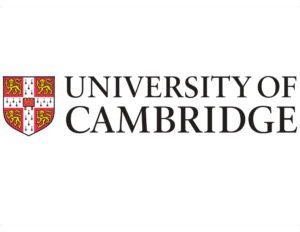CanImpact: the impact of the COVID-19 pandemic on cancer detection in primary care
Start Date Jun 2020
Code C13-Aff
Status Ongoing
Project Lead
Senior Lead
Institution
Others
Prof Richard Neal (Leeds), Prof Greg Rubin (Newcastle), Dr Suzanne Scott (KCL), Prof Yoryos Lyratzopoulos (UCL), Prof Willie Hamilton (Exeter), Prof Stephen Duffy (QMUL), Dr Stephanie Archer, Dr Natalia Calanzani (both Cambridge), Dr Stephanie Honey (Leeds)
 The likely impact of COVID-19 restrictions on cancer diagnosis and management across the UK have been well described recently (Jones et al., 2020). Key issues include:
The likely impact of COVID-19 restrictions on cancer diagnosis and management across the UK have been well described recently (Jones et al., 2020). Key issues include:
- Primary care adapted by switching to remote methods of consultation with few face-to-face consultations taking place. This may lead to important findings being missed.
- Patients adapted by reduced contact with primary care (e.g. not wanting to bother, because preoccupied by pandemic worries).
- The suspension of all screening and prevention services may have sent a message that cancer was not important during the pandemic.
- Primary care reported variable lack of access to routine blood tests, imaging and referral for other diagnostic tests across the country.
- Around the country there were similar reports of 2WW referrals dropping (up to 70%), and being triaged (especially if patients not examined), and all non-urgent referrals being suspended.
The effects of the pandemic may have a long-lasting effect upon patient and clinician behaviour:
-
- On the ways in which patients appraise and act on their symptoms.
- On the ways in which clinicians assess symptoms (e.g. using remote consulting), use tests as triage (e.g. to prioritise referral, to make up for lack of physical examination), and make decisions about investigating and referring for possible cancer.
We will use qualitative approaches to gain a deeper understanding of these effects on patient appraisal and help-seeking for possible symptoms of cancer, and on GP management and diagnostic strategies for their patients with possible symptoms of cancer.


